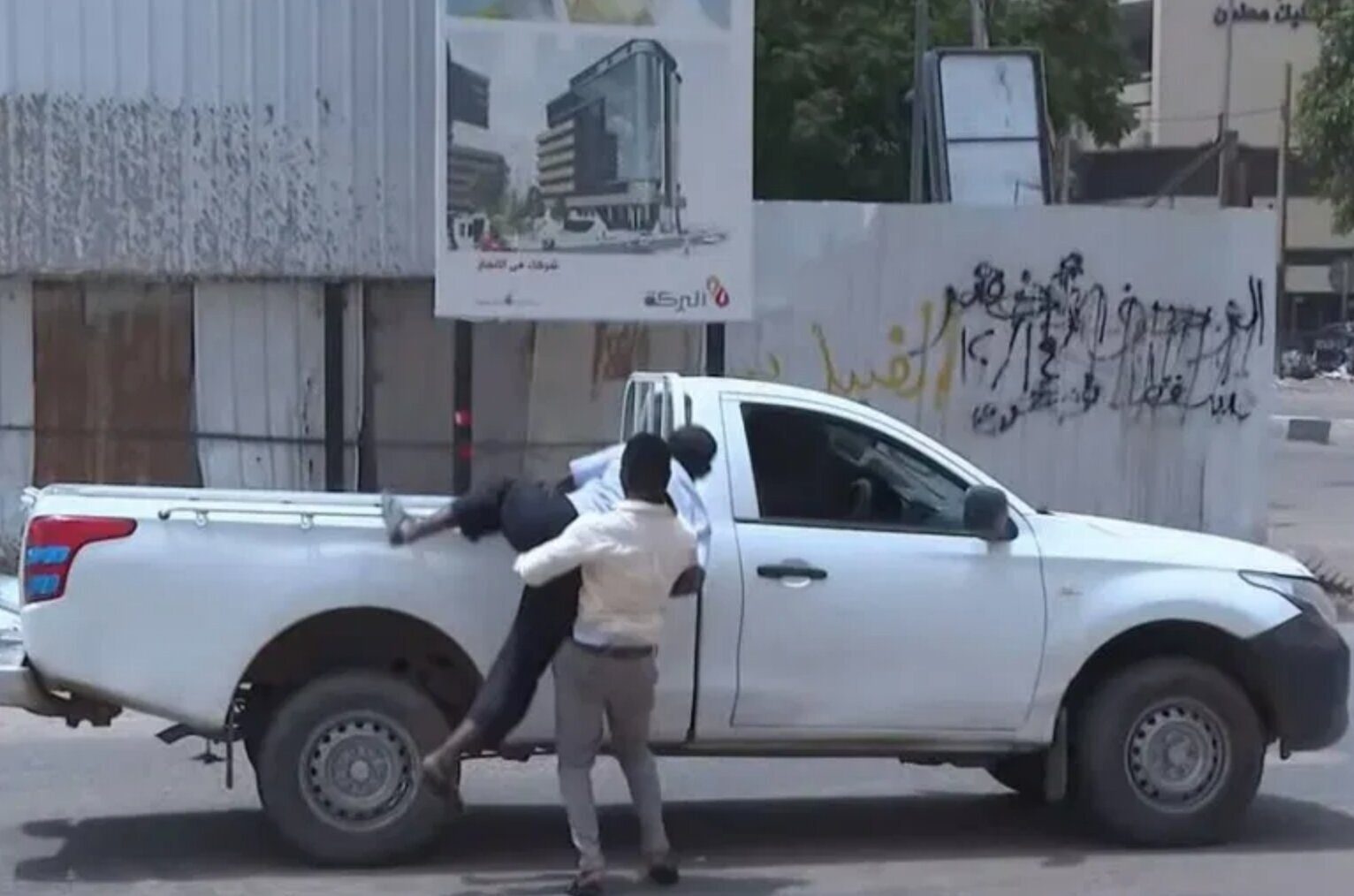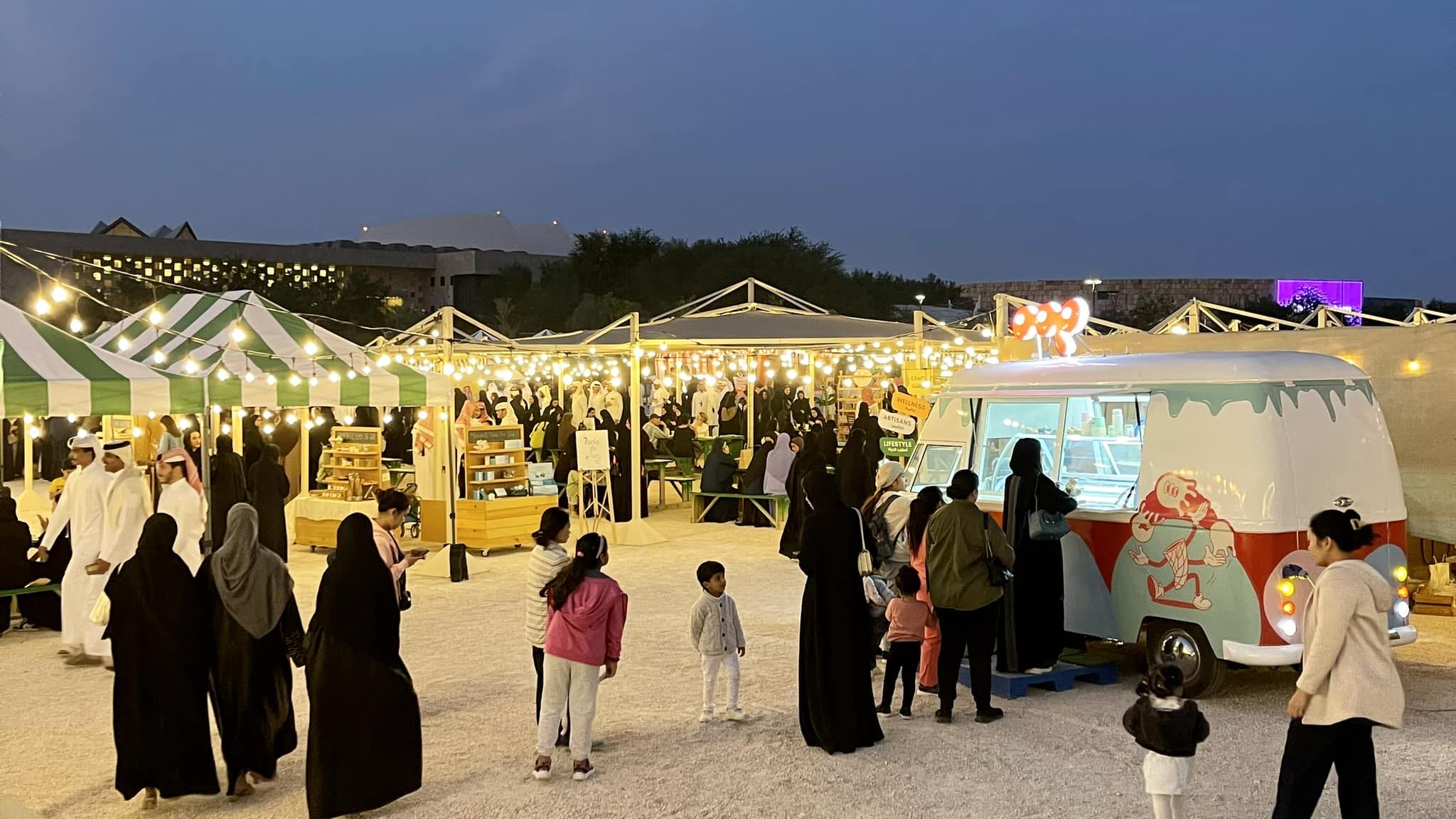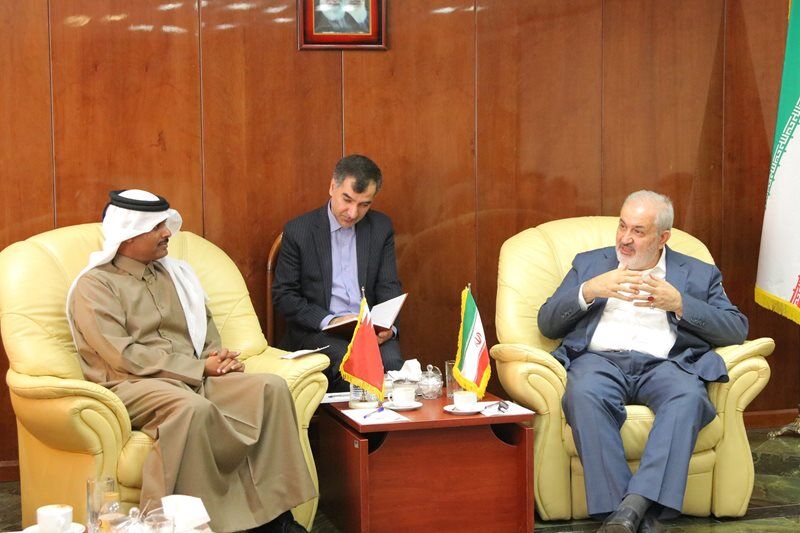Qatar-based Al Jazeera network condemned the “humiliating” kidnapping of Abou Shaleh and demanded accountability.
Sudanese security forces released Al Jazeera journalist, Ali Abou Shaleh, on Wednesday, hours after abducting him while covering anti-government protests in central Khartoum, the Qatar-based news broadcaster reported.
#مليونية٣٠يونيو #الجزيرة لحظة اعتقال صحفي قناة الجزيرة علي أبو شلة pic.twitter.com/szHjEYEnbD
— تحالف قوى الثورة السودانية (@Sudan_Asrf) June 30, 2021
Abou Shaleh was in the capital to cover demonstrations that demanded the dismissal of Prime Minister Abdallah Hamdok as well as “correcting the course” of the revolution which disposed of former Sudanese President Omar Al-Bashir.
Reporting on Al-Jazeera at the time of the incident, correspondent Al-Taher Al-Mardi said Sudanese armed forces took Abou Shaleh from the site to an “undisclosed location.”
“The authorities didn’t give him time to introduce himself as a reporter for Al Jazeera, they took him right away,” Al-Mardi said.
In a statement, Al-Jazeera condemned what it described as the “humiliating kidnapping” in which Abu Shaleh was illegally arrested while carrying out his job as a journalist.
The network expressed satisfaction after his release but demanded those responsible be held to account.
The network reiterated its commitment and determination to continue broadcasting news with full transparency and objectivity, regardless of location.
عاجل | شبكة #الجزيرة تجدد التزامها بنقل الخبر والصورة الكاملة وتطالب بمحاسبة المسؤولين عن اختطاف الزميل علي
— الجزيرة – عاجل (@AJABreaking) June 30, 2021
It also strongly condemned the continued targeting and detaining of journalists and demanded protection of all reporters to allow them to perform their duties without being targeted or harassed.
On Wednesday, protests were held in Khartoum and other Sudanese cities to mark the 30 June anniversary of demonstrations held in 2019.
Known as the “Massacre of the Leadership” the day saw more than 100 demonstrators killed during the dispersal of a sit-in in front of the headquarters of the General Command of the Armed Forces.
On Wednesday, demonstrators took to the streets to demand an improvement of economic conditions where inflation has surpassed 400%. Sudanese also face a shortage of basic goods and services, as well as an increase in food insecurity.
Security forces quickly intervened to prevent protestors from reaching the presidential palace.
Al-Mardi said police fired tear gas on protestors near the railway station in central Khartoum to divert them away from anti-government demonstrations at the presidential palace.
The protests came in response to calls from opposition groups who have been demanding Hamdok’s government to implement the revolution’s demands.
Protesters called for the formation of a new government and a change in policy to control the increasing prices.
Thursday 1 July also coincides with the anniversary of the military coup in Sudan 1989 led by ousted President Omar al-Bashir.







